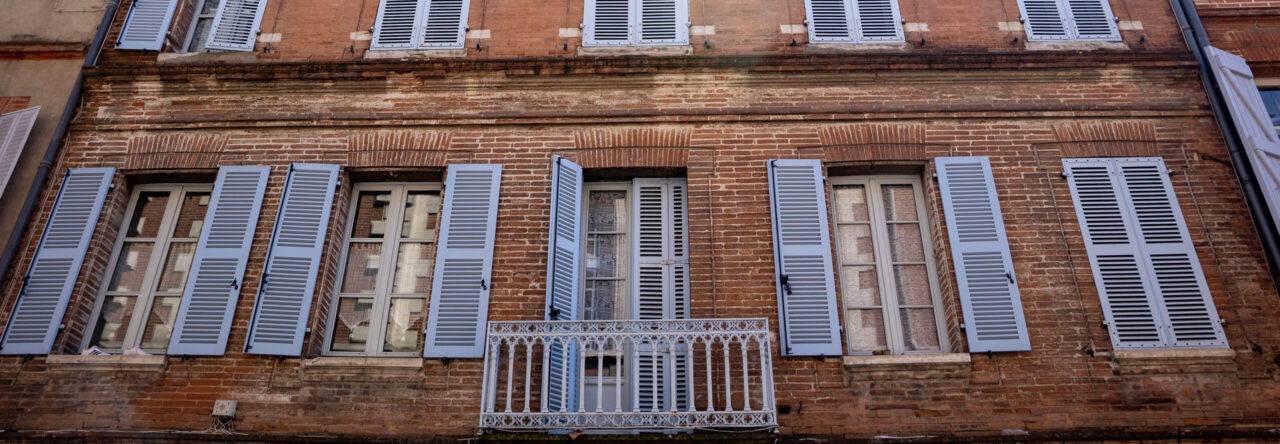Editors: Phoebe, Isabelle, Katherine, Ryan A., James.
The University Strikes
It has been almost two months since those of us studying at the University of Toulouse Jean Jaurès have had class. When we arrived in January, some of the professors and students had already been striking for several weeks because they were against fusing with other universities in Toulouse and the system of applying and being accepted into college, similar to what we have in the US, which President Macron wants to introduce as one of his goals relating to “education reform.”
A phenomenon that exists in French universities that we don’t have in the US is the one called Assemblées Générales (or AG for short) which allow a small percentage of the student population of a school to decide what is going to happen for the entire university. This is a time where students can decide the actions that are going to be taken during the period of strikes, which became a period of full blockage in our case at UT2J. Everyone comes together in a large lecture hall where they can speak of their opinions in front of everyone who presented themselves at the time of the AG. These AG’s are meant to be a time where people can inform themselves and hear the opinions of others. Strike culture is very strong in France, but somehow it seems as though this culture is much stronger on our campus. We talk a lot about how this type of blockage could never happen in an American university.
The Rail Strikes
As we are writing this blog post, we are currently on a bus en route to Paris rather than on a train because of the SNCF strikes. At the beginning of the semester, it was planned to go to Paris April 14th by train, but a month ago a schedule for the strikes was published. Between April and June there will be between two and four days a week of SNCF strikes. That’s why we are traveling by bus today, April 13th. Our situation isn’t too exceptional. Many people in France are affected by these strikes.
The SNCF strikes are mainly a result of proposed changes by President Macron. Historically speaking, the SNCF workers have received a lot of benefits and vacation days because their work was very difficult and physical. Today, the nature of this work has changed a lot due to technology. Macron would like to put in place economic reforms that include the reduction of benefits and vacation days, as well as a later retirement age. As one can see, the SNCF workers are very angry with these potential changes. At least for us these strikes mean that we have an extra day in Paris!
The Strikes Don’t Prevent Us From Cultivating Our Minds
To argue that a 9-hour bus ride from Toulouse to Paris is enjoyable would be difficult. That being said, the Jean Jaures students having had no class for six weeks on end, we are excited to resume our studies in the country’s capital. In particular our visit to the national assembly will hopefully shed light on governmental processes and policies that have led to this period of strike both for the universities and public transportation. This is a rare opportunity seldom offered to Parisians, even more so French citizens, and we hope to take full advantage of visit. In fact, the majority of events scheduled for our time in Paris are off the beaten path and are specific to our group. Sunday morning, we will visit the Centre Pompidou before its opening and follow a guided tour that will shed light on some of the world’s foremost pieces of modern and contemporary art. Having already conducted a project on modern and contemporary art earlier in the semester, this will be a perfect opportunity to continue our studies. Our foray into the arts, however, does not stop with our visit to the Centre Pompidou. Tuesday evening, we will be transported to 18th century French theater by Marivaux’s The Game of Love and Chance at the Porte Saint-Martin Theater. Marivaux’s romantic comedy, using stock characters from the Commedia dell’arte will improve our comprehension of not only the French language, but of French humor as well. At the very least, our time in Paris will allow us to better learn another city of France and help complete our integration into French language and culture.

Leave a Reply